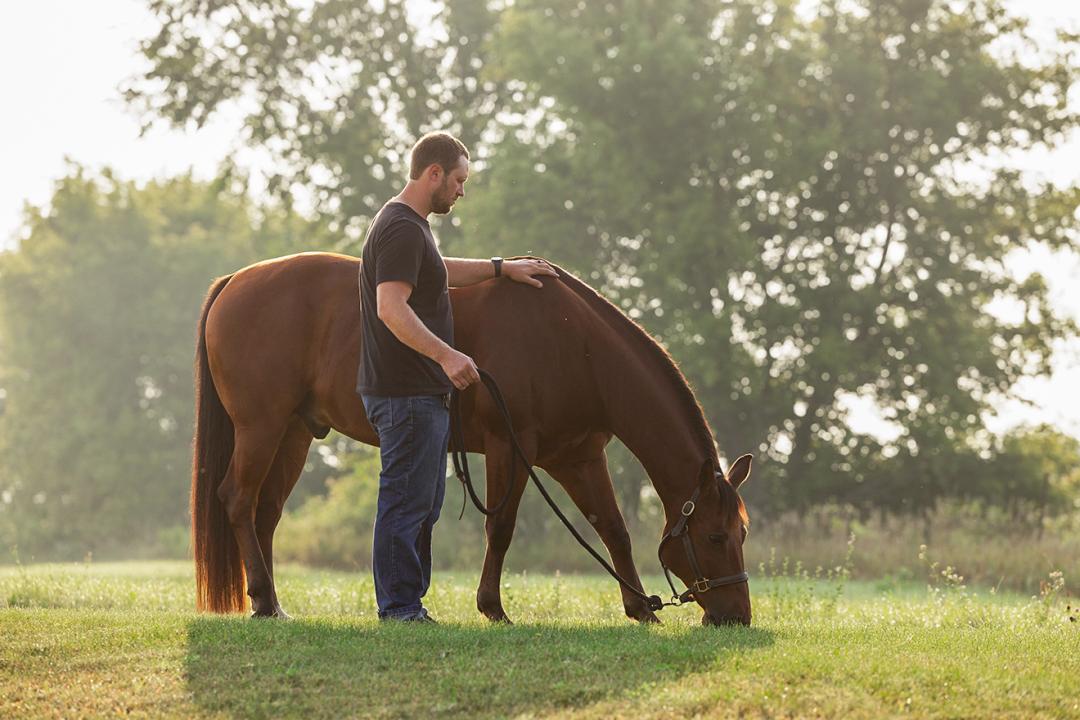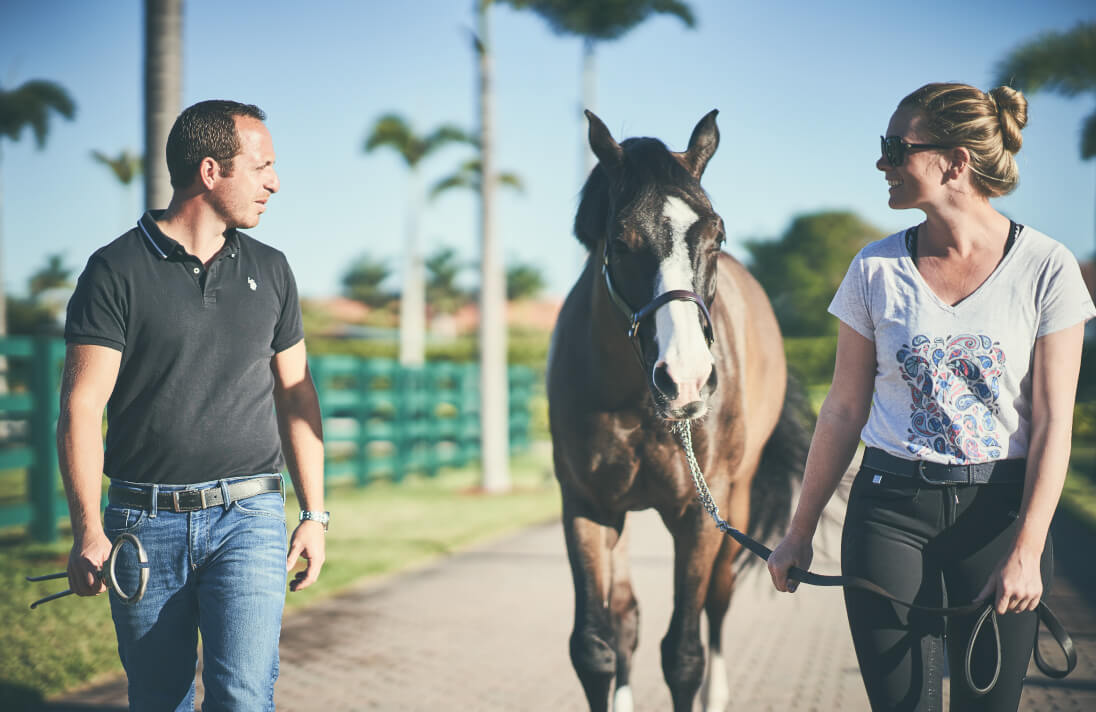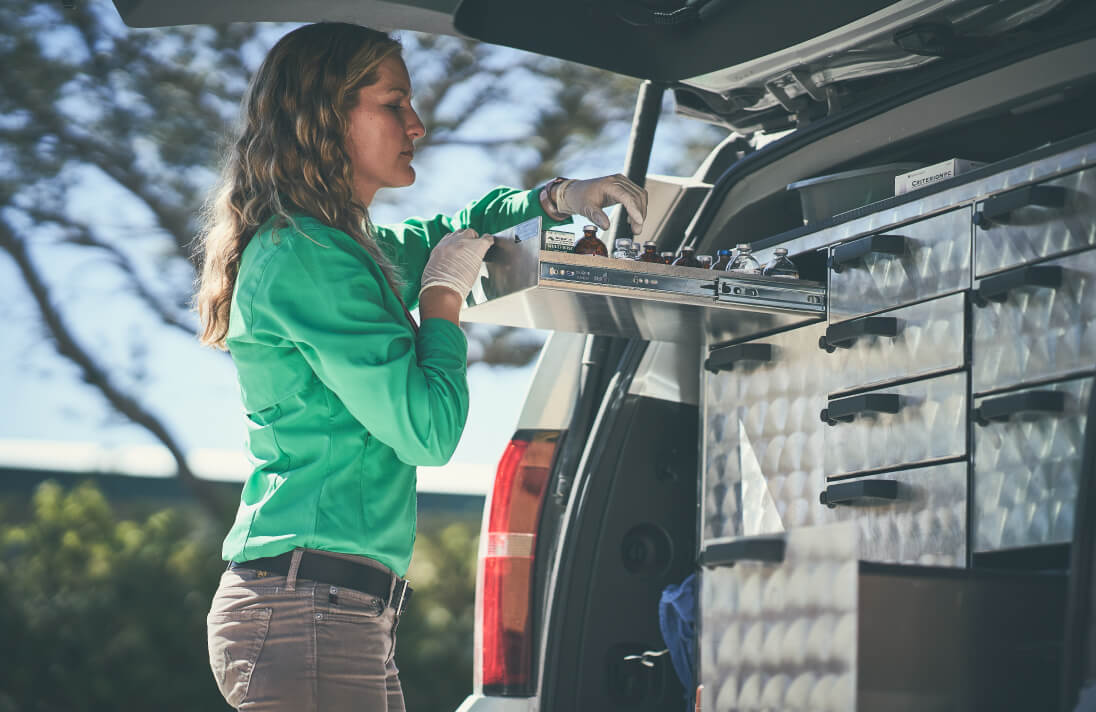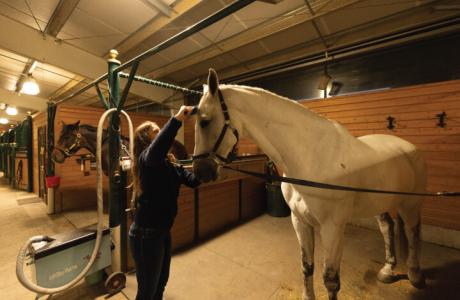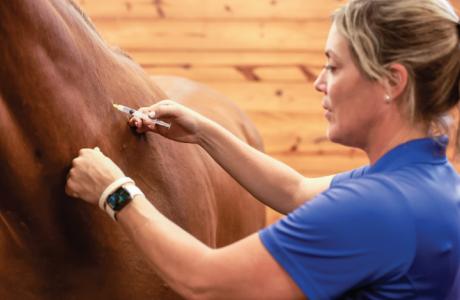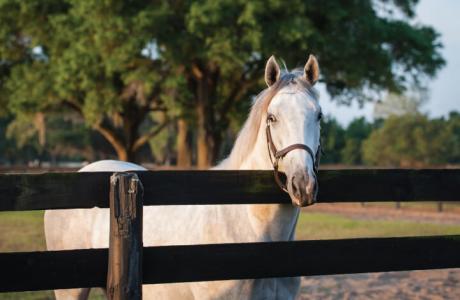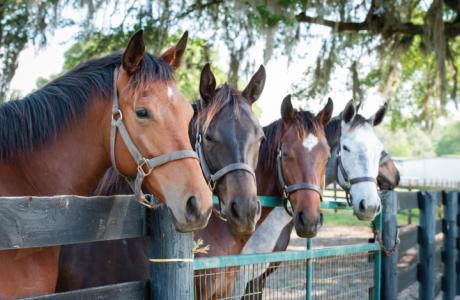Infectious disease risk is everywhere — mitigate risk and help protect your horse from preventable disease with a comprehensive vaccine protocol.
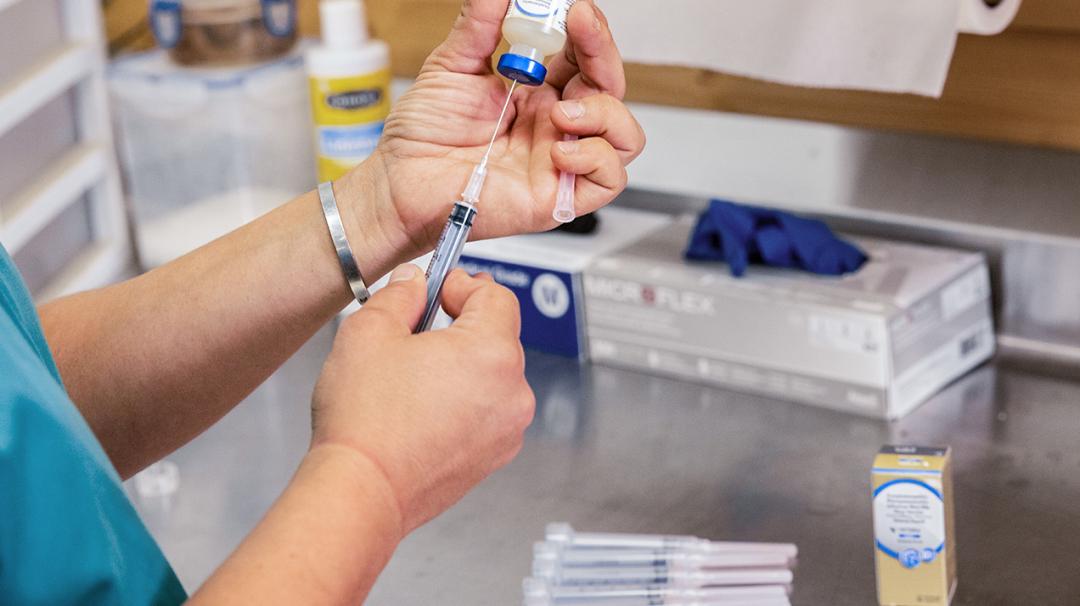

Why Are Vaccines Important?
Horses are susceptible to infectious diseases that may be transmitted by many things in their environment, including other animals. Infectious disease can lead to poor performance, long-term health issues and even death.
Thankfully, vaccination is an efficient and effective method of protecting horses against infectious diseases. Vaccines safely mimic exposure to the infectious organism, without risk of infection, so the horse's immune system can recognize and fight off the organism, if exposed in the future.
Your veterinarian is your best resource to create an effective vaccine protocol for your horse.
Common Equine Vaccinations
Vaccines can be split into two categories: core and risk-based.
Talk to your veterinarian to determine the right vaccines and vaccination schedule for your horse’s needs.
Mastering Infectious Respiratory Disease
In this segment of "Mastering Equine Health," Scott Hancock, DVM, Professional Services Veterinarian, Boehringer Ingelheim, talks about the clinical signs of these three common infectious respiratory diseases: influenza, herpesvirus and strangles, and explains the importance of working with your veterinarian to determine the most appropriate protocol for your horse.
Mastering Vector-Borne Disease
In this segment of "Mastering Equine Health," Robert Keene, DVM, Professional Services Veterinarian, Boehringer Ingelheim, shares information about vector-borne diseases, such as West Nile virus and Eastern, Western and Venezuelan encephalomyelitis; insights about how devastating these diseases can be; and how a proper vaccination protocol can help protect horses against these diseases.
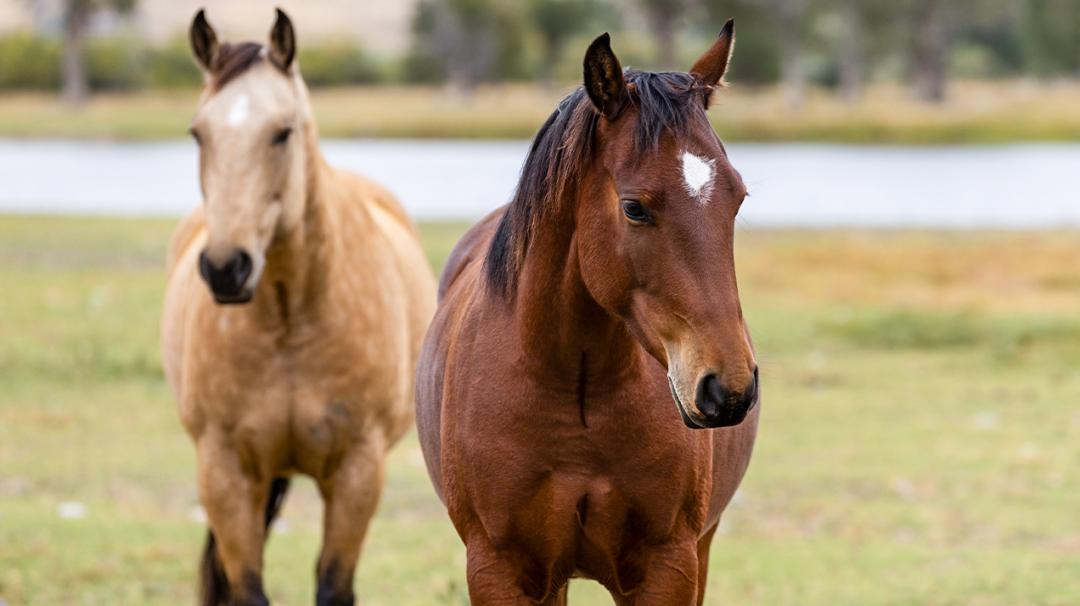

Manage Disease Risk
Beyond the crucial protection that vaccination provides horses, you can also help reduce the risk of illness and the spread of disease by keeping a well-maintained environment. You can support good barn biosecurity by:
- Isolating sick horses from healthy ones
- Cleaning and disinfecting equipment regularly
- Quarantining new horses joining the barn
While barn biosecurity can’t guarantee your horse will never get sick, it will help reduce risk and prevent spread.
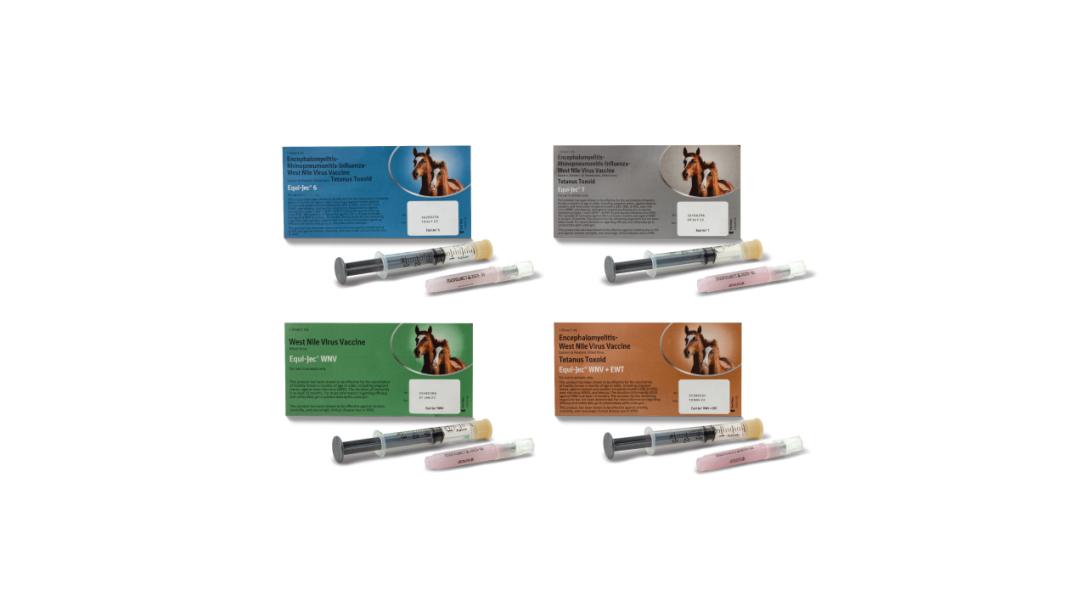

Convenience and Protection in One Shot
For horse owners choosing to vaccinate horses themselves, EQUI-JEC® vaccines deliver over-the-counter options to protect against common infectious diseases.
Related Articles
1 American Association of Equine Practitioners. (n.d.). Vaccination guidelines. AAEP. https://aaep.org/guidelines-resources/vaccination-guidelines
EQUI-JEC® is a registered trademark of Boehringer Ingelheim Vetmedica GmbH, used under license. All other trademarks are the property of their respective owner. ©2025 Boehringer Ingelheim Animal Health USA Inc., Duluth, GA. All rights reserved. US-EQU-0096-2024
